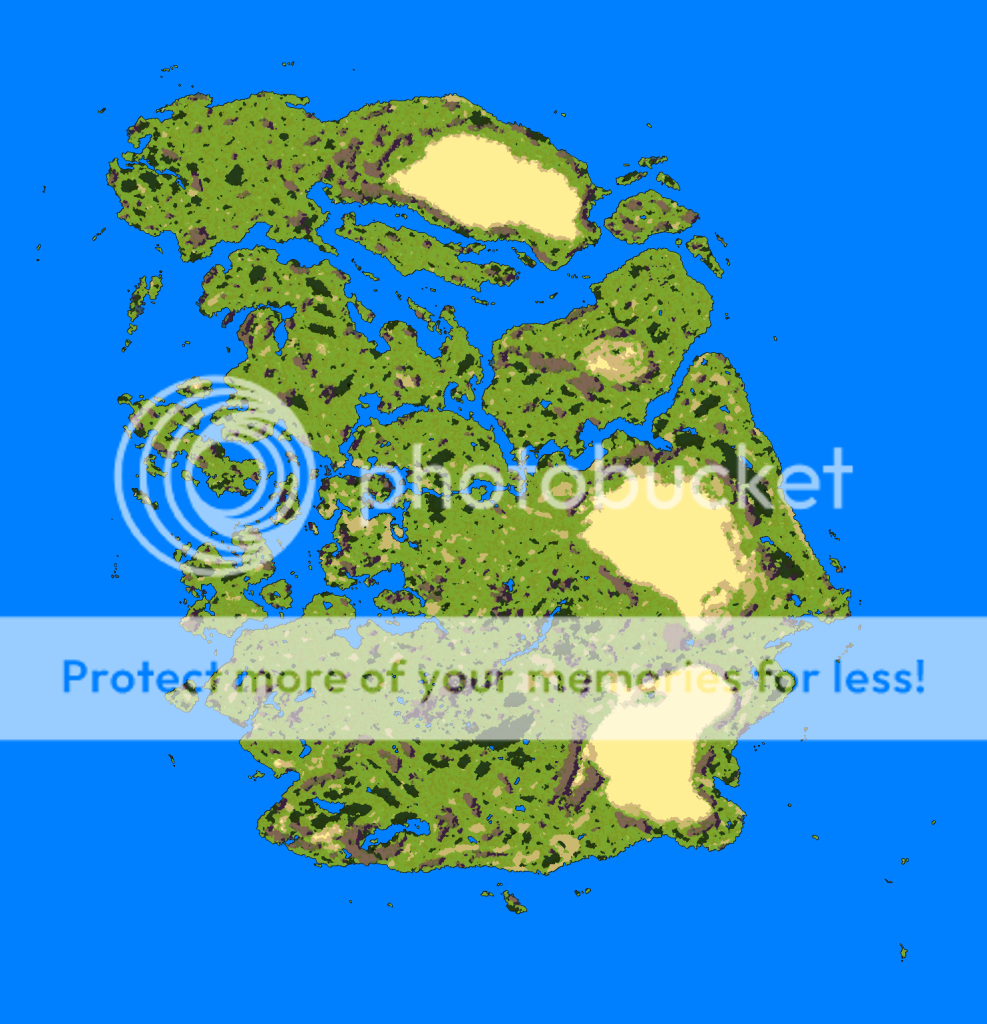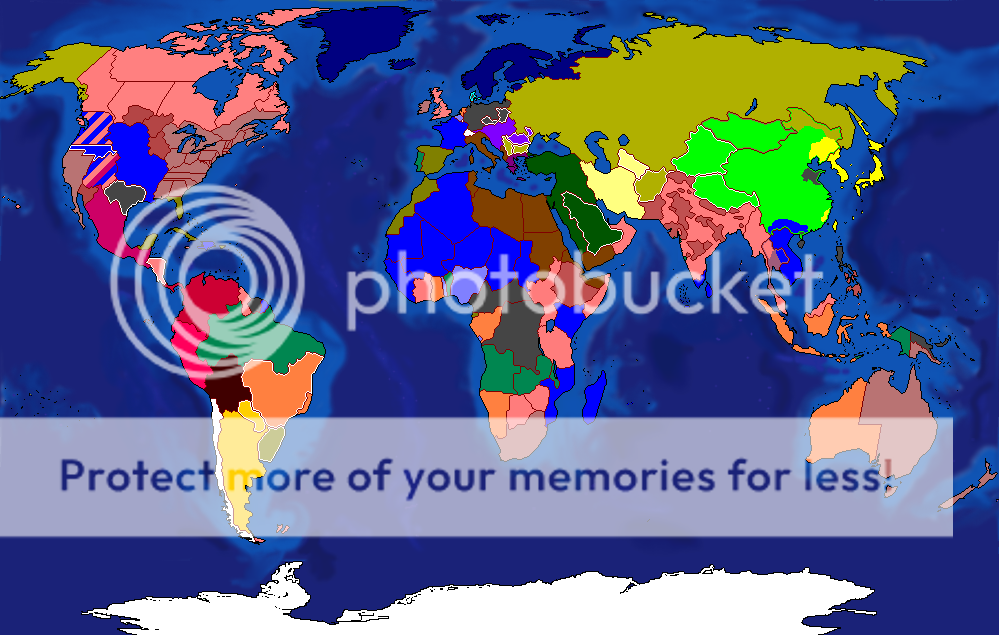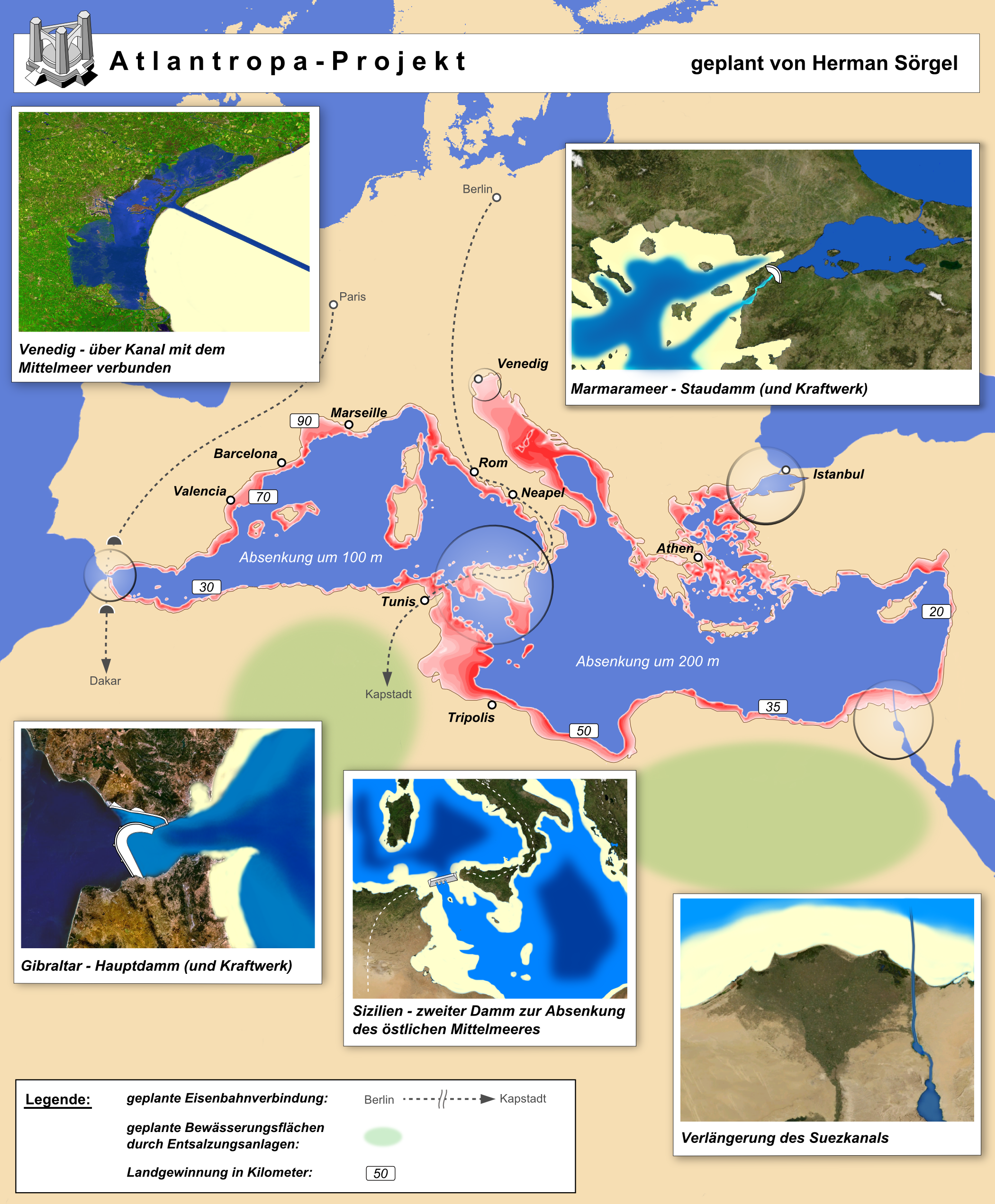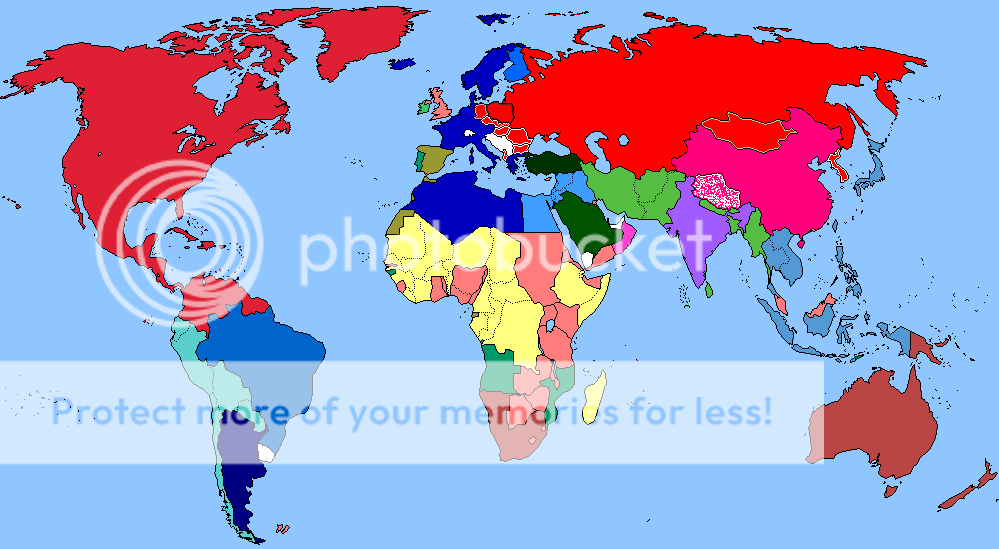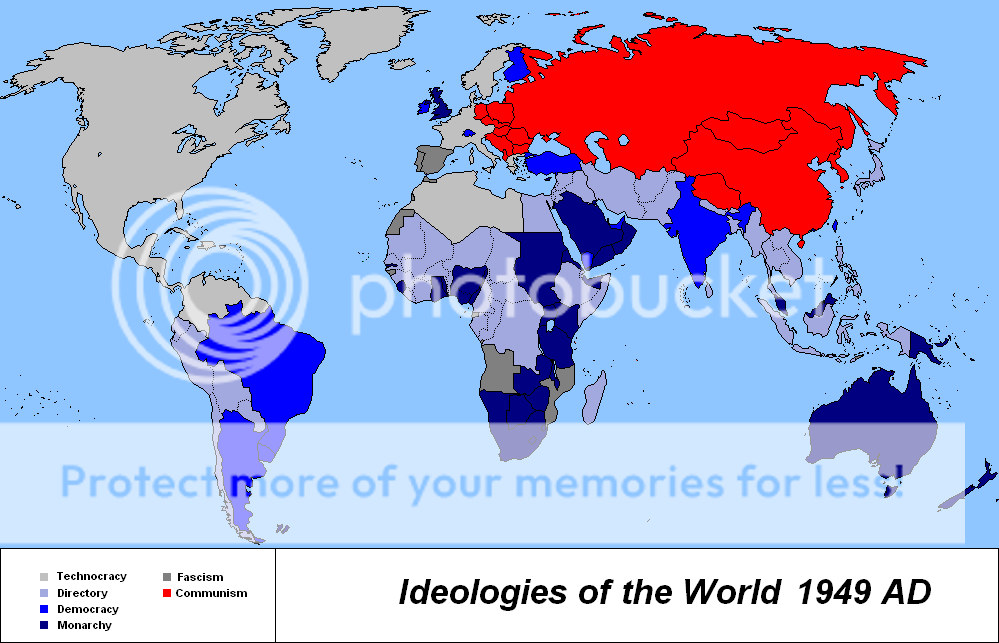Decided to do a map for a Carlton Bach post from a while back...
(What follows is Carlton's)
"General Francis Xavier Sigel strained to make out the moving dots of enemy
infantry through his binoculars. Grey-coated men carrying long rifles,
plodding forward weary and footsore, officers in green coats and - Yes! He
could hardly believe his eyes. The Peobrashenskoye Guards Regiment. What
honor to a humble commoner, he chuckled into his moustache. Very well, they
would learn that one didn't tangle with the might of Republican Europe.
"Citizen Riveaulx," he ordered, turning to the young staff galloper "order
Citizen General Havelock to prepare all batteries to fire on their line as
it clears the ridge!". "Yes, Citizen General!" the young man snapped and
jumped into the saddle, waiting impatiently for a staff corporal to
scribble the order down. Smilingly, Sigel remembered that Havelock did not
relish the revolutionary apellation. Very well - after today, everyone in
Europe would be proud of it.
Few people would argue that the legitimist school of political thought,
advocating the divine right to rule, had anything to recommend it, and in
this Alternate a series of spectacular failures of absolute rulers starting
in 1821 with Charles of Spain and continuing to the inexorable slide into
madness of the paralytic king Frederick William IV of Prussia further
discredited any such idea. Thus when the revolutions of 1848 shook the
capitals of Europe thrones tumbled left and right. France and Wurttemberg,
then Belgium, the Netherlands, Piedmont, the Sicilies, Portugal, Saxony,
Denmark and Hungary became republics while Prussia, Sweden, Austria,
Bavaria and Tuscany remained constitutional monarchies.
The sweeping
success of the revolutionary movement provoked forceful and savage backlash
as the monarchs of Prussia, Austria and Sicily reasserted their power and
led their armies to crush the republican states. The campaign proved
unsuccessful, with the Prussian army suffering heavy defeat in the battle
of Emden. The Rhenish Confederation under the leadership of Baden and
Wurttemberg proclaimed the German Republic, driving away Prussian troops
with the support of the newly formed French National Assembly. Austria
fared even worse as Hungary and Bohemis defeated the emperor's troops and
proclaimed themselves independent nations and democracies. Russia, the
dreaded defender of autocracy, chose to stay out of the conflict
altogether, kept busy with a serf uprising in Ukraine. By 1851, the new
political landscape of Europe gelled.
The absolutist powers, marginalised by the sweeping success of the
revolutions, were left spoiling for a rematch, and they got it in 1854.
Conflict between Russia and Turkey sparked war with France and its allies,
with Britain joining in in defense of its strategic interests. Fighting in
the Crimea quickly bogged down, but with a French-engineered friendly
neutrality treaty with Denmark, a united Anglo-French fleet steamed into
the Baltic in 1855 to jog things along. The Battle of Kronstadt ended with
the destruction of Russia's fleet and coastal defenses by armored 'floating
mortars' and a firestorm in the city of St. Petersburg that horrified even
the besieging allies. This atrocity - an estimated 50,000 people died -
gave propagandist ammunition to the legitimists and deft politicking drew
Prussia and Austria into the war on Russia's side in an invasion of Germany
and Hungary. Britain attempted briefly to disengage from the conflict, but
committed itself after Russian attempts to destabilise its Indian
possessions came to be known. Outrage at Russian promises of plunder and
rulership in India to Afghan and Central Asian rulers united Indian public
opinion behind the Raj, however briefly.
In the war to follow, young Badensian officer Francis Xavier Sigel came to
the fore as a military genius - 'our age's Napoleon', as an admiring French
general called him - thrashing the Prussian army under Manteuffel and
moving a united Franco-German force into Saxony to meet the Russian
advance. In a three-day series of battles around Goerlitz and Reichenberg
in June 1857, the Russian army was shattered under the withering fire of
Sigel's artillery and riflemen. A Polish uprising, supported by the allied
armies, compounded the fall of Russia's power in Europe, and Austria was
obliged to sue for peace.
In America, meanwhile, the developments in Europe were widely greeted with
enthusiasm. For several years after 1848, immigration dipped and many
democrats in exile even left for their ancestral homes. The western
migration stalled, then recommenced at a lesser rate. This unbalance would
make itself felt come the Civil War, which broke out in 1860. Even with
European support for the Union, which was reluctantly forthcoming after the
Emancipation Proclamation, the Confederacy could not be conquered, and the
peace treaty of Montreal, brokered by the British, cemented Southern
independence. The United States retained most of the West and the financial
and industrial preponderance, but their unity was lost forever.
In the years following the First Russian War, the democratic governments of
Europe began constructing a framework within which to coordinate their
policies and create the harmony and understanding that would ensure future
peace. Needless to say, they failed. As election results and political
conflicts of interest pulled apart governments, loyalty to a united
republican Europe became a mere phrase to be trotted out at celebratory
occasions. By 1874, Russia could even reckon with a reasonable chance of
success when it offered an alliance to Germany with the goal of recovering
Schleswig-Holstein from Denmark and dividing up Poland. The matter came
before the Reichskammer and was defeated by a mere seventeen votes.
Europe
began worrying. Shortly afterwards, France and Britain declared that they
would not accept the arbitration of the Permanent Pan-European Congress in
any disputes regarding their overseas possessions. Italy started to wonder
aloud about the rightful ownership of Nice and the Riviera. Tensions rose in the
Balkans, where Europe's Slavic nations opposed Turkey in several wars that
France and Germany attempted to stop while Russia supported them according
to its new Panslavic policies. Altogether, things were deteriorating. St.
Petersburg began hoping.
The intervening years were also a period of political upheaval, when newly
constituted labor unions and workingman's fraternities and parties used the
power given to them by the vote and their collective bargaining powers to
push their nations into a distinctly Socialist direction. Welfare programs,
unemployment insurance and medical coverage were instituted, mandatory
public education extended to ten years and the powers of employers cut
back. Calls for the nationalisation or collectivisation of several
industries were voiced and occasionally heeded, though more commonly
cooperative societies used peaceful means to ensure control of their
business. Interest-free government loans were made available for staff
buyouts and expropriated aristocratic estates divided among the tenantry.
Such policies were not instituted everywhere to the same degree, but they
were felt throughout the continent. Not well received in America, they
eventually made their entry through the People's Party of 1882, an alliance
of granger and labor union movements.
In June 1886, it was Russia's time for revenge. Calling on the Slavic
nations to throw off the alien yoke of democracy in favor of legitimist
rule, Russian armies advanced on Poland and Hungary. Germany initially
proclaimed neutrality, though the Reichkammer allowed French troops to pass
through German territory in defense of Poland. The charade ended by
October, when Russian ships bombarded Rostock and Lübeck. Once again, the
aging military genius Sigel worked his magic, rallying the unprepared
armies of democratic Europe to roll back the Russian advance. Nonetheless
it took two years of savage fighting, mired in the wide lands of eastern
Poland and Ukraine, before the peace of Goteborg reinstated the status quo.
The Second Russian War brought about a period of cold war, resulting in the
establishment of the European Council, a body to coordinate the military
efforts, the nationalised railways, mining industries and foreign policies
of the allies (France, Germany, the Netherlands, Belgium, Denmark, Bohemia,
Hungary, Poland and Greece, later to be joined by Italy, Spain, Portugal,
Sweden, Switzerland and Austria) in the face of a renewed Russian threat.
Proxy wars fought in Korea, China and the Hindu Kush determined the
politics of the 90s and early 1900s, and even America was drawn into the
fray as Russia, fearing for its Alaskan possessions, approached the
Confederate States (itself pursuing an aggressive policy in the Caribbean
and Central America) with an offer of alliance. Old fears were restoked as
Richmond debated and accepted a friendly neutrality and undertook to
guarantee Alaska against US aggression (largely because Washington had
publicly told them not to).
The war of 1908-15, sparked by a minor incident in the Baltic, quickly
deteriorated into universal conflict as first the governments of Europe,
then Britain, the Confederacy, the United States, and many Latin American
states were drawn into the maelstrom. By now, Europe lacked the inspired
leadership of the early wars, and advanced weaponry mired the combatants on
fronts ranging from Finnmarken to Bessarabia, from the Khyber to the Yalu
and from Esquimalt to the Potomac. Initial Russian successes in Poland and
the Black Sea were countered by serious reverses in Manchuria and the
conquest of Alaska by a Canadian army. US troops advanced into Confederate
territory, though command of the American seas fell into dispute as the US
Navy was defeated at Cape Tiburon. Then Russia's secret diplomacy came to
fruition: egged on by Confederate promises of help, South Africa, Rhodesia,
Kenya and Mocambique declared their independence as the White African
Union. Three attempts at reconquest failed as Russian and Confederate arms
poured into rebel hands.
By 1912 the war had turned into a costly stalemate on all fronts. The
situation changed only after Richmond approached London with a suggestion
for a separate peace, an offer which was negotiated and accepted in 1913.
British and US aid and arms freed from their own fronts flowed into Europe,
allowing the allies to drive their first offensive as far as Kiev. In July
1914, Moscow was taken and the final blow struck. Russian provinces seceded
in droves, establishing independent nations. The peace of Zarskoye Syelo
negotiated in February 1915 sealed the humiliation of proud Russia, and
instigated the revolution that drove away the Czarist regime that year.
Seven years of war and an estimated 40 million dead had decided the future
of the world in favor of liberty - or so it was said.
In reality, nothing is ever so simple. Decolonisation, beginning in 1926
with the granting of Dominion status to India and the establishment of
self-government in French Indochina, proceeded in fits and starts,
punctuated by dirty little wars and political crises. The South African
Union, torchbearer of white supremacy, sabotaged the process at every turn.
Surprisingly enough, the Confederacy distanced itself from its embarrassing
onetime ally after the atrocious Angolan Wars of 1941-43 and even granted
formal equality to its black population in 1973. Europe's ever closer
union, a winning proposition even after the temporary loss of the eastern
enemy, established itself as the world's paramount industrial power, though
the United States and Japan are running close seconds.
The current present is 1987. Saint Simon is pushing into TL8 in many areas,
driven by Europe's longstanding pride in technological progress and an
unceasing flow of funding into research, especially the prestigious grands
projets. A Channel tunnel has been completed, followed by a dam across the
straits of Gibraltar (debates as to whether the Mediterranean should be
turned into a plain are ongoing). Politics in most advanced nations are
dominated by consensus-seeking interest groups, in particular the powerful
European Workers' Fraternities (in effect labor monopolies negotiating
wages on behalf of their membership) and civil service associations. Public
projects ensure near-universal employment, and an ambitious space program
captivates the imagination, though people increasingly complain of rigidity
and stagnation. Political conflict still is far from universal resolution,
with Europe's alliance with the US at best tenuous and its enmity with a
democratic but impoverished and grudge-holding Russia and the South African
Union and its Arab allies firmly cemented. Fear of nuclear weapons,
currently owned by Europe, Britain, the United States, the Confederate
States, Japan and India, has so far prevented the situation from
escalating, but proxy wars are depressingly common.
GM's Corner: Adventuring in Saint Simon
The world of Saint Simon puts the PCs before a cononudrum as it affects
many of the trappings of our latter-day Evil Empire - Soviet Russia -
without sharing its brutal philosophy or inhumane practises. Feel free to
throw the odd People's Comissar at your adventurers and have him turn out
genuinely helpful and kind. However, Saint Simon is overbureaucratised and,
in its overarching concern for the common good, can often seem to be
uncaring of individuals. Its officials are best painted as genuinely
committed and hard-working, but helpless in the face of a ponderous
machinery of state. Note also that while this world is prosperous by its
own standards, it is not as rich as ours and the cities of its Europe and
America are dominated more by apartment blocks and bicycles than suburbs
and cars."
Bruce
